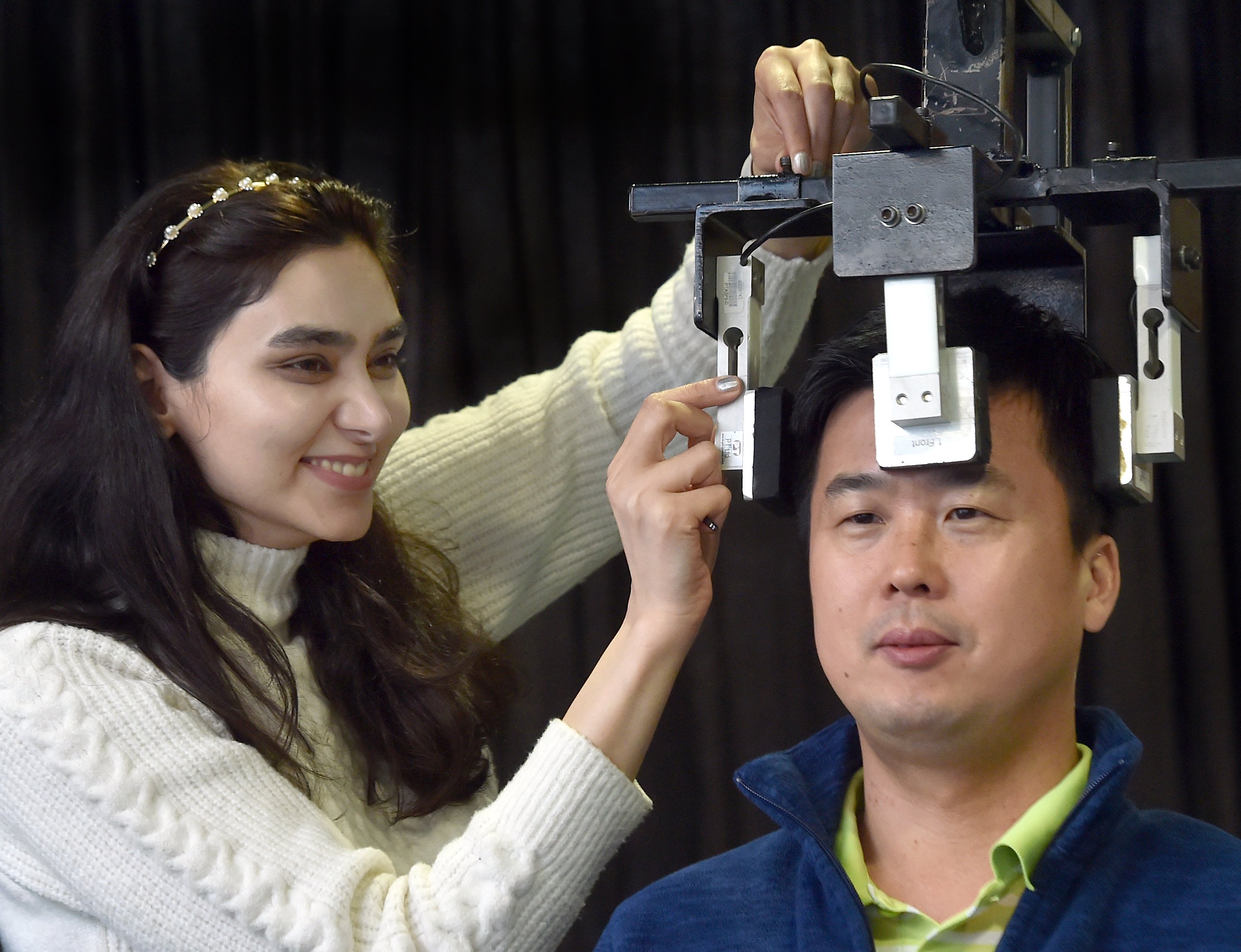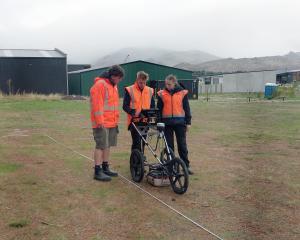Avoiding and recovering from concussion, and even lessening the long-term brain damage it can cause, could be as simple as doing some eye movement exercises.
University of Otago biomechanics PhD student Fateme Mirzaee said concussion in contact sport was a contentious issue and represented a growing proportion of injuries sustained by athletes worldwide.
Motorsport was no exception, but research has already shown competitive drivers have higher-performing eye skills which can process the surrounding visual information much quicker than most people.

If it was found they could flex their neck muscles quicker, it might cause less damage to the brain from concussion during an impact, and help them recover quicker, she said.
It might also mean less exposure to multiple concussions might make a sportsperson less likely to develop cognitive malfunctions later in life.

"Hopefully we can use that information to optimise the rehabilitation and training protocols in motorsport.
"For example, if we find that our vision does influence our neck muscles, we can redesign motorsport driver training and motorsport rehabilitation, especially after concussion from side impacts.
"We could design eye movement exercises to help drivers recover from brain injuries more quickly."
As part of her research, she has been studying the eyes and neck muscles of New Zealand rally driver and Extreme E electric off-road racer Emma Gilmour.
She has undergone a series of tests, including being hit by a weighted pendulum, to see how her body reacts to the impact.
"Emma has been a big help for me. She’s supported me a lot."
Miss Mirzaee hoped to finish her PhD in December next year.












